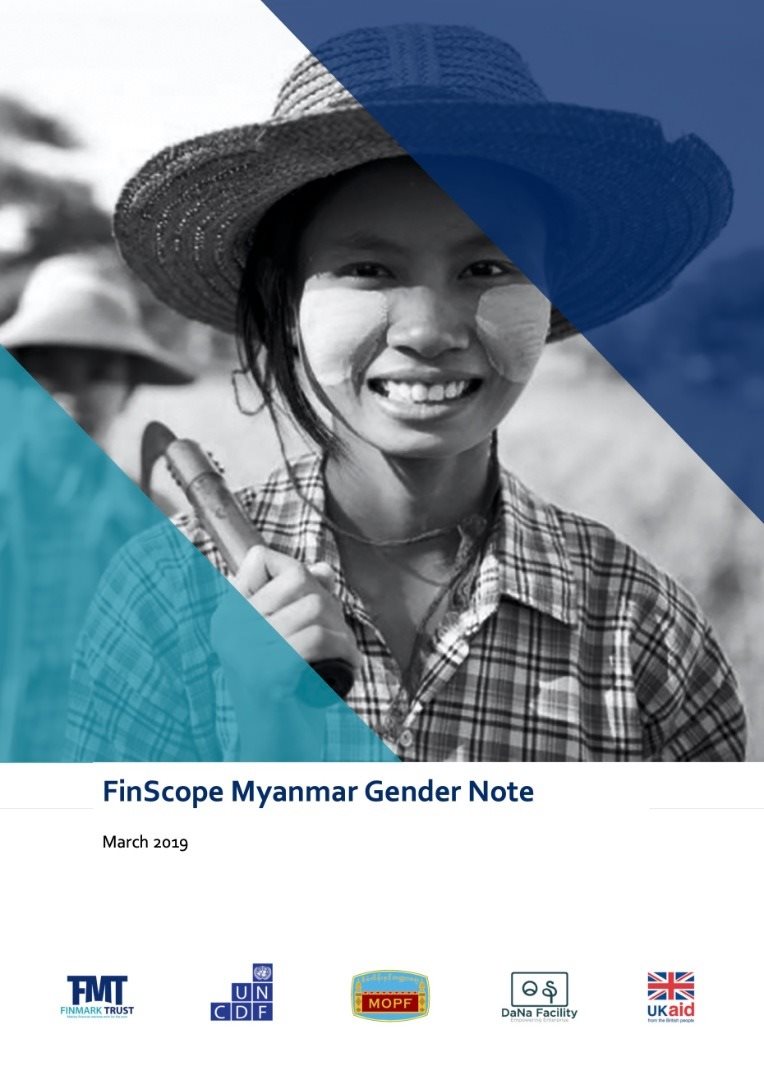Gender equality promotes overall well-being, and economic development, and is a key driver of inclusive growth across all countries and regions in the world. Equality is an internationally agreed upon Sustainable Development Goal,1 which is not only a fundamental human right but also integral to sustainable development. However, women in Myanmar face spoken and unspoken exclusionary policies which undermine their capabilities and lead to underrepresentation in senior decision-making and political positions.
Barriers to leadership roles are reinforced by social and cultural norms – with entrenched expectations that men are natural leaders whilst women take charge of household and family caring responsibilities and supportive roles. About 3.4% of an estimated 72 000 police officers are women, but 2% occupy mid-level positions and women have been traditionally excluded from senior positions in government, though there have been some improvements in occupation of parliamentary seats to 12.9%. This is however much lower compared to Cambodia (21.1%), Lao People’s Democratic Republic (25.2%) and Vietnam (25.8%).
Myanmar has a Gender Inequality Index (GII) value of 0.456 and is ranked 106 out of 160 in the 2017 index, which qualifies it as a country with Medium Human Development . The GII reflects gender-based inequalities in the dimensions of reproductive health, empowerment and economic activity. Men in Myanmar are more likely to own land, control productive resources and manage finances than women – which tends to indirectly limit the influence of women over household decisions.
Myanmar census data shows gender-inequalities in access to motorized vehicles, communications and information and services, education and the labour market. Mobility, phone ownership, land ownership and unpaid work and access to information are some of the factors which limit women’s financial inclusion and economic participation. This report highlights gender gaps in Myanmar and changes in financial inclusion for Myanmar women, based on FinScope 2013 and 2018 consumer survey data.
